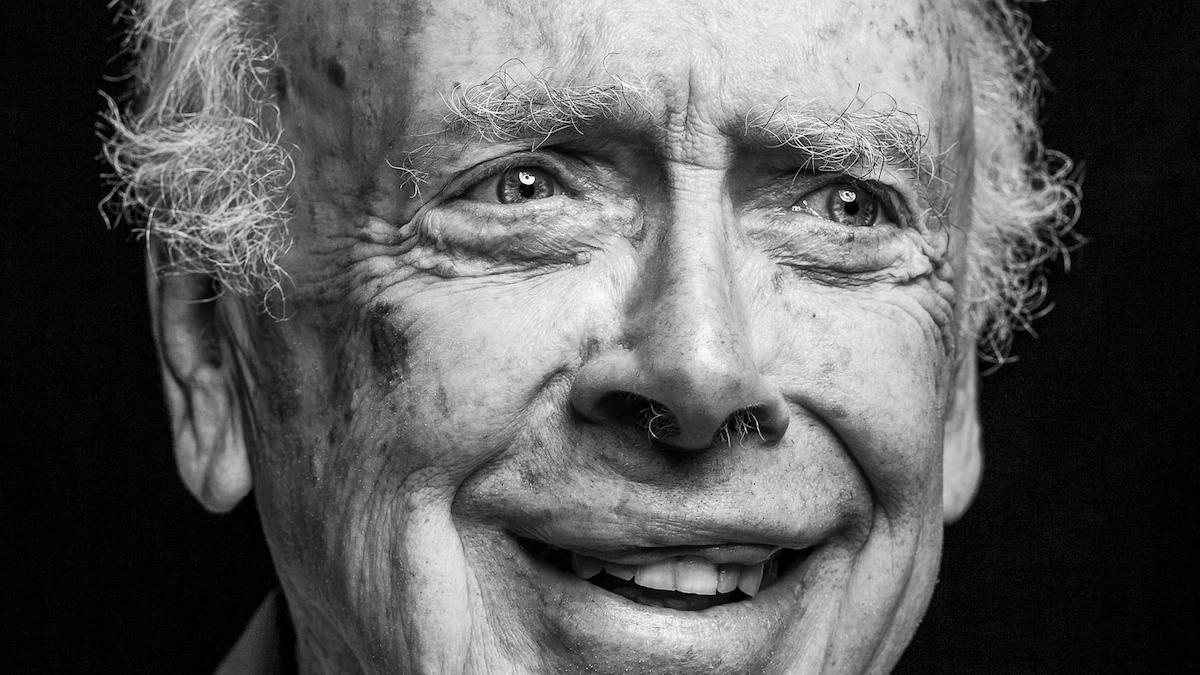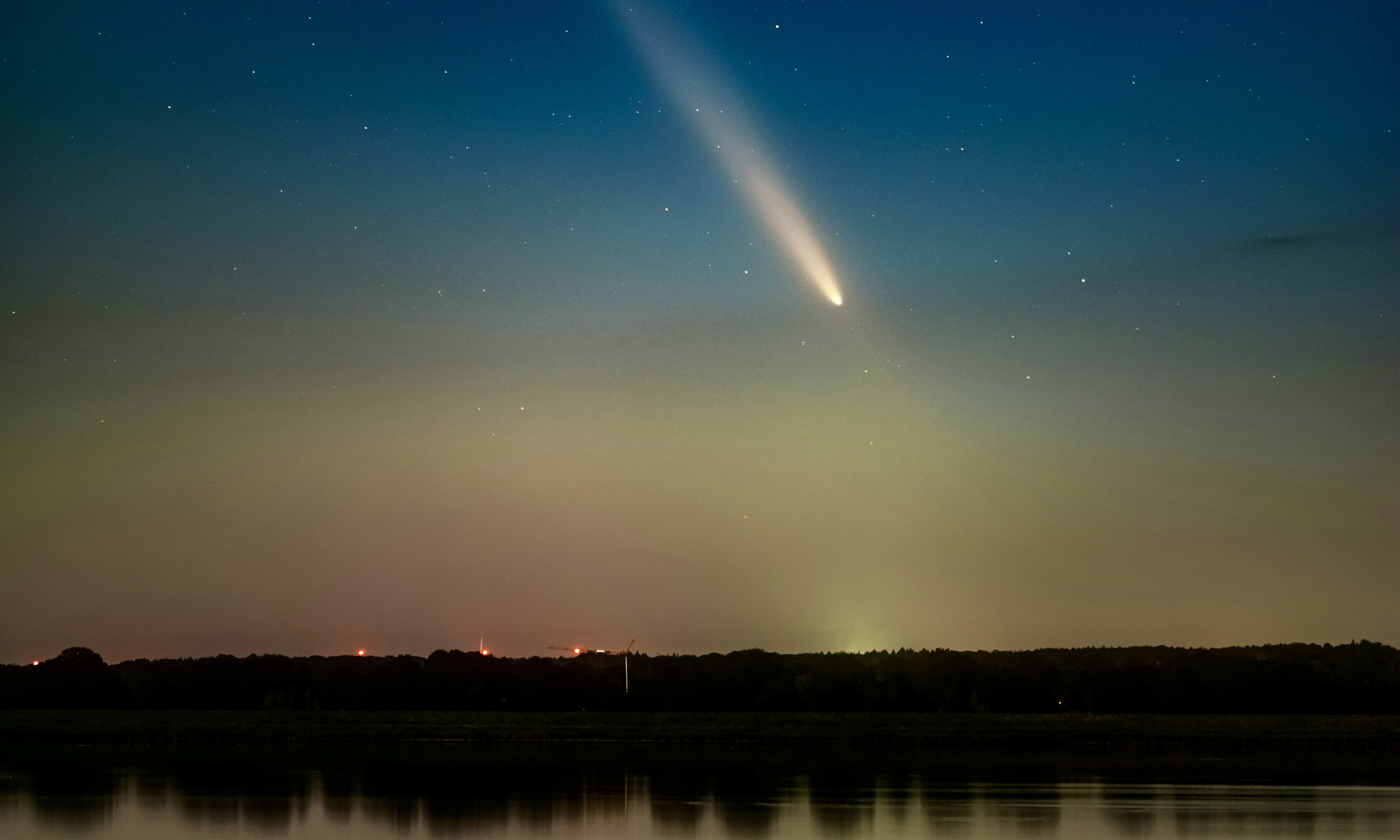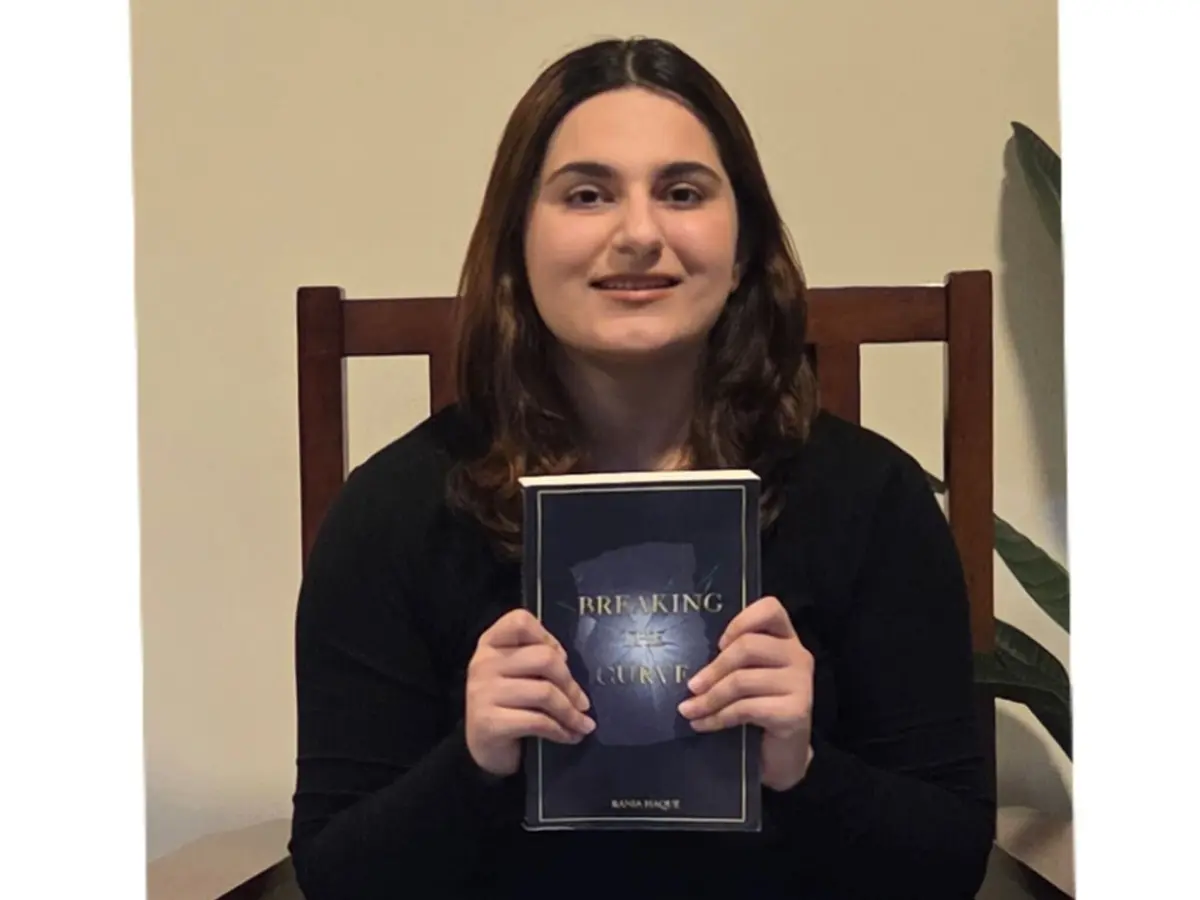Copyright National Geographic

James Watson, the American 1962 Nobel Prize—winning molecular biologist whose co-discovery of the double-helix structure of DNA helped make possible the mapping of the human genome, has died at age 97. Often celebrated as a pioneer of genetics, allegations of uncredited work and discriminatory and inflammatory remarks cast a shadow over his legacy. (What are the origins of our species and how did we evolve?) "I made the discovery of the century," Watson said decades later. "Suddenly to see the molecule which is responsible for heredity, and which makes possible human existence, was a very big step in man's understanding of himself in the same sense that Darwin knew that the human species wasn't fixed, that we were changing. It was bound to affect your attitude to everything." Watson's controversial legacy Though Watson would famously begin his book about their discovery, The Double Helix, with the words "I have never seen Francis Crick in a modest mood," he himself was never known for humility or tact. National Geographic History Magazine The gift that brings the past to life - now with a free tote He was accused of making racist and sexist observations and was quoted as favoring genetic engineering to do away with "stupidity" and make "all girls pretty." "Unlike most scientists, Watson's legacy will always be colored by the 50 years of public commentary he also left behind in books, articles, interviews, and lectures," said Georgia State University law professor Paul Lombardo, an expert on bioethics. Despite some controversial views, Watson's work in the laboratory inarguably cleared the way for other scientists to sequence the molecules within DNA. That eventually led, with Watson's help, to the creation of the Human Genome Project at the National Institutes of Health (NIH). The international undertaking to map the genes that make up human DNA was declared complete in 2003, a half century after Watson and Crick's discovery. Five years later, Watson became the second person, after J. Craig Venter, to have the six billion base pairs of his DNA sequenced. James Watson's early life James Dewey Watson was born in Chicago on April 6, 1928, the only son of businessman James Watson and his wife, Jean. As a child, he and his father often went bird-watching, a pastime that eventually piqued Watson's curiosity about genetics. After starring on the 1940s radio show Quiz Kids, Watson enrolled at the University of Chicago at age 15 as a scholarship student. He graduated in 1947 with a bachelor's degree in zoology, and three years later received a Ph.D. from Indiana University. His thesis focused on the effect of x-rays on bacteriophages, or bacterial viruses, and would intensify his interest in DNA. Watson conducted research into the structure of DNA while a postdoctoral student at the University of Copenhagen. He soon moved on to the University of Cambridge's Cavendish Laboratory, where he studied microbial genetics using the photographic patterns made by x-rays. It was there that he met Francis Crick. One image, known as Photo 51, proved crucial to their discovery. It was taken by British biophysicist Rosalind Franklin as she studied X-ray crystallography of molecular structures. Biophysicist Maurice Wilkins showed Watson and Crick the photo—without Franklin's knowledge—and the pair went on to publish her work without her explicit permission. In 1962, Wilkins shared the Nobel Prize in physiology or medicine with Watson and Crick. By then, Franklin had died and was ineligible for the Nobel, but Watson drew heat for treating her contribution condescendingly in The Double Helix, and her role in uncovering the structure of DNA was overlooked for years by the wider scientific community. Watson's later work Watson went on to teach at Harvard, writing his popular textbook, Molecular Biology of the Gene, during his 15-year stay there. In 1968, he took on a second post as director of Cold Spring Harbor Laboratory on New York's Long Island. He served as Chancellor Emeritus of the laboratory from 2007-2018. At the time, said Church, Cold Spring "wasn't well-funded and organized, and he turned it into one of the powerhouses in the world" in cancer research, neurobiology, genomics, and other biological sciences. Watson also "was bold in opening the records of that institution to historians and others so that the toxic story of the eugenics movement in the United States could be accurately described," Lombardo said. Still, he was suspended and forced to retire from Cold Spring in 2007 after telling a British newspaper that Africans were "less intelligent" than Europeans. Although he apologized, his words turned him into what he called an "unperson" in the scientific community. In 2014, in an apparent bid for redemption, Watson put his Nobel Prize up for auction and donated the proceeds of $4.1 million to charity. The scientist's "legacy in regard to eugenics is complex," Lombardo said. Although Watson helped found an ethics office at NIH and condemned state-sponsored eugenics programs that included forced sterilization, his repeated remarks indicating that racism might be genetically justified tarnished his reputation. Declan Fahy, an American University communications professor who studies scientists as public intellectuals, said that in addition to his historical contributions to biology, Watson "presented the public with a startling new view of science and scientists." Citing his best-selling memoir, Fahy said Watson "revealed scientists as ambitious, brutally competitive, and anxious about being beaten in the winner-takes-all culture of scientific discovery." Few scientists can claim the title "winner takes all," but Watson loved to quote his colleague Crick, who died in 2004, when he said they had "discovered the secret of life."



